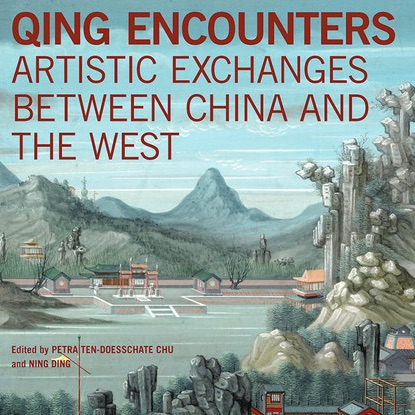Editor’s note: This essay by Damiët Schneeweisz is a pendant to David Pullins’s Contained Assertions: Marie Victoire Lemoine’s Paint Box. Together, Pullins and Schneeweisz unpack two paint boxes that belonged to Marie Victoire Lemoine (1754-1820) and Charlotte Daniel Martner (1781-1839), bringing out how these boxes tie the material history of…
Laboring Likeness: Charlotte Daniel Martner’s Paint Box in Martinique (1803-1821) – by Damiët Schneeweisz


